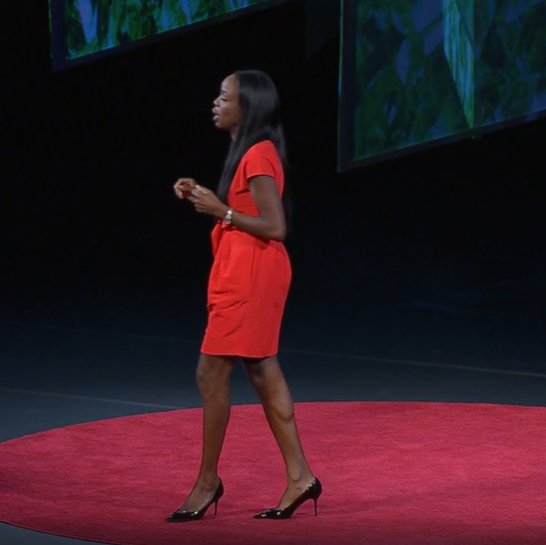BLOG: The Science of Childhood Experiences

Our upcoming conference, “Using the Science of Childhood Experiences to Reduce Trauma and Adversity,” is… SOLD OUT! But for those who are interested, that doesn’t mean you can’t still take a moment to learn about this fascinating and important area of research. Let’s take a peek behind the curtain of the science that informs so much of how Champions for Children and our partners work to build stronger families with thriving children.
TED Talk: How childhood trauma affects health across a lifetime
“In the mid-90s, the CDC and Kaiser Permanente discovered an exposure that dramatically increased the risk for 7 out of 10 of the leading causes of death in the United States.” That’s Dr. Nadine Burke-Harris, former Surgeon General of California, previewing a startling reveal: she’s not talking about lead, or some kind of radiation – she’s talking about adverse childhood experiences, or what are known as “ACEs.” Although Dr. Burke-Harris did not conduct the seminal research on the impact of ACEs on everything from school performance to life expectancy, her TED Talk helped put this concept on the map. Even if you are familiar with the lifelong effects of childhood trauma, you may be surprised by the vastness of their impact exposed by this area of research – take a few minutes to watch.
CDC: We can prevent ACEs
On its own, the science of ACEs can feel dispiriting. A staggering 61% of American adults have at least one ACE from their childhood, with about 16% having four or more. Fortunately, organizations like Champions for Children across the country leverage what we know about ACEs to develop programs that prevent them from happening in the first place. If that feels abstract, the U.S. Centers for Disease Control and Prevention have a great explainer video that walks viewers through the life of one family. It shows how community-based services that may not appear at first glance to be related to the prevention of ACEs are in fact critical to accomplishing exactly that. From career workshops to parenting classes to summer camps, every “touchpoint” that a community creates with its families is one piece of a great puzzle that can set a child’s life off in a positive direction instead of a negative one. In Tampa Bay, every one of our community partners is a piece of this puzzle. Check out the CDC’s video, and think about what resources your community has that help prevent ACEs.
On the Plus Side: Positive Childhood Experiences (PCEs)
From the incredible body of research that made ACEs an accepted part of public health discourse, another area of study emerged on the impact of Positive Childhood Experiences or “PCEs.” These are simple, commonplace things that can happen in a child’s life – such as having an adult who they know cares about them – which can help offset the negative impact of any ACEs from which they have suffered. Research into the complex interplay of ACEs and PCEs has shown that the more PCEs a child has, the less serious the impact of their ACEs. Although children with many ACEs can still suffer significant negative impacts, PCEs nevertheless lower their risk of the worst outcomes. Check out this blog post by Child & Adolescent Behavioral Health to read about some examples of PCEs that have been established through research.
Get Help, or Give Help
After studying up on the science of Positive and Adverse Childhood Experiences (PACEs), you might feel like you, a child in your life, or someone else you know may be at risk for negative outcomes as a result of ACEs. If that’s the case, don’t hesitate to get in touch with us by calling our Parent Warm Line at (813) 673-4646 ext. 7. If we can help, we will, and if not, we can connect you to someone who can.
If you were fortunate to have a lot of PCEs growing up, you might also feel grateful and like you want to help give more children in our community the kinds of experiences you had. In that case, next month (April) is Child Abuse Prevention Month, and you can check out cfctb.org/capmonth to learn more about how you can support our efforts to prevent the worst outcomes for our community’s children while promoting the best ones!
